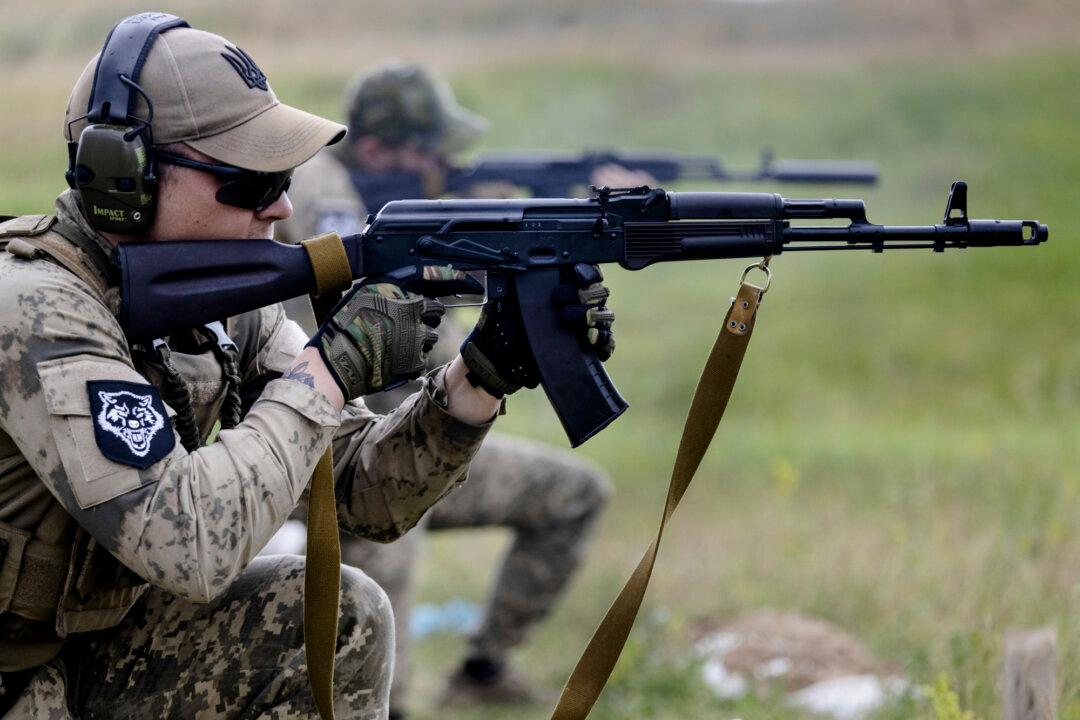Ukraine’s Azov Brigade has cleared a review hurdle and is eligible to receive weapons and training from the United States.
A new analysis found no evidence that the unit, a part of Ukraine’s National Guard, has committed gross human rights violations, the U.S. State Department confirmed to The Epoch Times in a June 11 statement.





